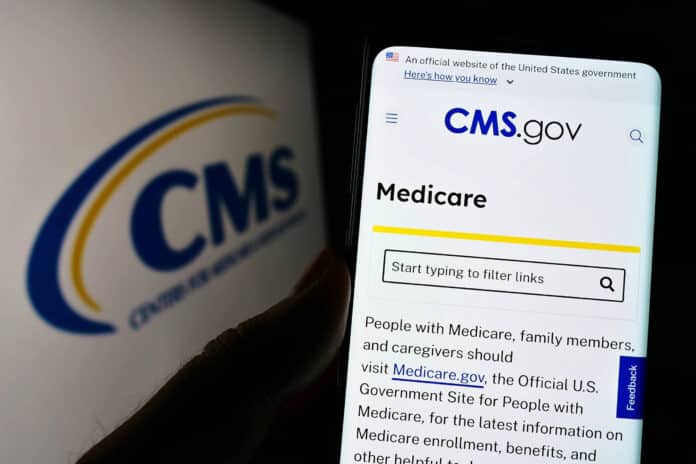The federal Medicare program covers not only almost every American aged 65 or over, but several million “disabled” persons who are unable, or simply unwilling, to work.
The foundation of Medicare was its “fee-for-service” approach under which providers of health care signed up with the program and beneficiaries chose any of those providers when they needed services. The providers filed claims directly with and were paid by Medicare. Beneficiaries pay a premium for Part B services, those that are typically physician and related care; that premium is based on income. Beneficiaries also have somewhat substantial cost-sharing, with a deductible on hospital care and co-insurance for Part B services. Because of this cost sharing, many beneficiaries purchased a Medicare Supplement plan which covered that cost-sharing and potentially other services not part of Medicare.
For several decades, Medicare has had a “risk” program under which it contracted with health plans to enroll and provide health services to beneficiaries. The current version is called Medicare Advantage, and in 2024, Medicare Advantage plans now cover over half of all beneficiaries. The plans have grown rapidly because Americans are more comfortable with being in a health plan and because the Medicare Advantage plans typically have much lower, often no, cost-sharing and cover many additional benefits, all typically at no additional premium. The downside, from some beneficiaries’ perspective, is that the Medicare Advantage plans have defined networks of providers which must be used, although some use a tiered benefit structure under which services from network providers are fully covered, while those from providers outside the network have some cost-sharing attached.
The plans in Medicare Advantage are paid according to a somewhat complex formula which is based partly on beneficiary health status. The plans concentrate on keeping utilization appropriate, largely by reducing unnecessary hospitalizations, and ensuring that primary care is maximized. Most plans are highly profitable and questions have been raised about Medicare’s payment formula. If payments were reduced, the plans might increase cost-sharing and premiums or reduce the extra benefits. One factor in the plans’ favor is that the research universally demonstrates that Medicare Advantage enrollees receive better quality care and have their health conditions managed more effectively.
The Medicare program as a whole is on the cusp of running out of money. Without major changes, the trust fund that covers Part A, hospitalization care, will be out of money within a few years. Part B is requiring large government outlays. Given that the majority of beneficiaries are already enrolled in Medicare Advantage, a shift that will continue, one approach would be to put everyone in a Medicare Advantage plan, with a pool of funding available to those who have a need to go outside their plan’s provider network. The payment formula for the plans should be tweaked to limit high profitability. As with Social Security, at some point an increase in the eligibility age must be considered.
But one important set of actions would involve reforming the automatic ability of persons on Social Security disability to receive Medicare. These persons typically can access Medicaid coverage and it is questionable why they also need to be on Medicare, if they are under age 65.
Social Security disability itself needs reform and an intensive effort to remove ineligible persons. Obviously many persons are disabled to the point of not being able to work, but many others use frivolous claims of mental illness or lingering disease, like “long” coronavirus symptoms, to enroll. The criteria should be tight — total inability to work or to access other health care coverage, and there should be a comprehensive review of every beneficiary with “disabled” status to ensure that they actually are entitled coverage. Otherwise these persons are reducing funds that are needed for the rightful beneficiaries of the Medicare program.
Kevin Roche runs The Healthy Skeptic, a website about the health care system, and has many years of experience working in the health care industry. If you have health care-related questions, you can contact Kevin at xuebpur@urnygul-fxrcgvp.pbz and he may answer the question in a column.
Read more from Kevin Roche at his website: healthy-skeptic.com

















